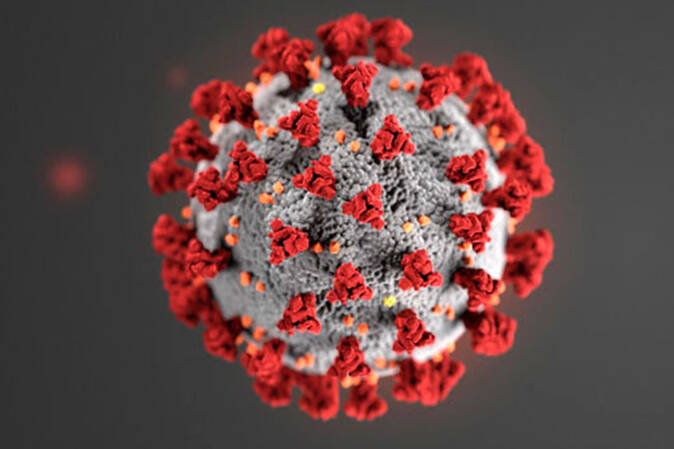The state Department of Health and Social Services reported a slight increase in new COVID-19 cases Friday, while hospitalizations were still trending down.
There were 559 news cases in Alaska sequenced Wednesday and Thursday, an increase from last Friday’s two-day total of 510.
Although cases are still trending downward in the United States, some other countries are seeing cases starting to pick back up again, including France and the United Kingdom, according to Our World in Data.
Because of the availability of at-home COVID testing kits, Alaska state health officials say analyzing hospitalization and death metrics is a more accurate reflection of the amount of virus still spreading.
There were a total of 35 COVID-related hospitalizations in Alaska as of Friday, with two of those patients on ventilators. Last Friday, March 18, there were 43 hospitalizations with three patients on ventilators.
The state also reported 20 more COVID deaths Wednesday through death certificate review.
The average number of daily cases over the past week as of Friday was 198.7 per 100,000 people, which is still considered high risk. This seven-day average figure estimates a daily case count proportionate to population by averaging the actual number of reported cases each day over the previous week.
New cases reported Friday included 27 in Seward, 13 in Homer, 11 in Soldotna, seven in the Kenai Peninsula Borough South, six in Kenai, and four each in Anchor Point and Fritz Creek.
Officials are encouraging everyone to get caught up on their COVID vaccinations in order to minimize risk of contracting and spreading the virus.
The Pfizer-BioNTech vaccine is approved for everyone 5 years and older, while the Moderna and Johnson & Johnson/Janssen vaccines are approved for anyone 18 and older.
In addition to a primary series — two doses of the Pfizer or Moderna vaccine or one dose of the Janssen vaccine — experts are strongly encouraging booster shots to protect against omicron, whether or not a person has already contracted the virus and despite elapsed time since the completion of the primary series.
The Food and Drug Administration and Centers for Disease Control and Prevention are recommending Pfizer boosters for anyone 12 and older at least five months after the primary series. Additionally, Moderna boosters are recommended for anyone 18 and older at least six months after a primary series.
Janssen boosters are approved for anyone 18 and older at least two months after initial vaccination, although the FDA announced it was revising its fact sheet for the Janssen shot to include more data on the risks of blood clotting associated with the vaccine. The state recommends people with a primary Janssen vaccine to get either a Pfizer or Moderna booster for more robust protection.
Reach reporter Camille Botello at camille.botello@peninsulaclarion.com.

